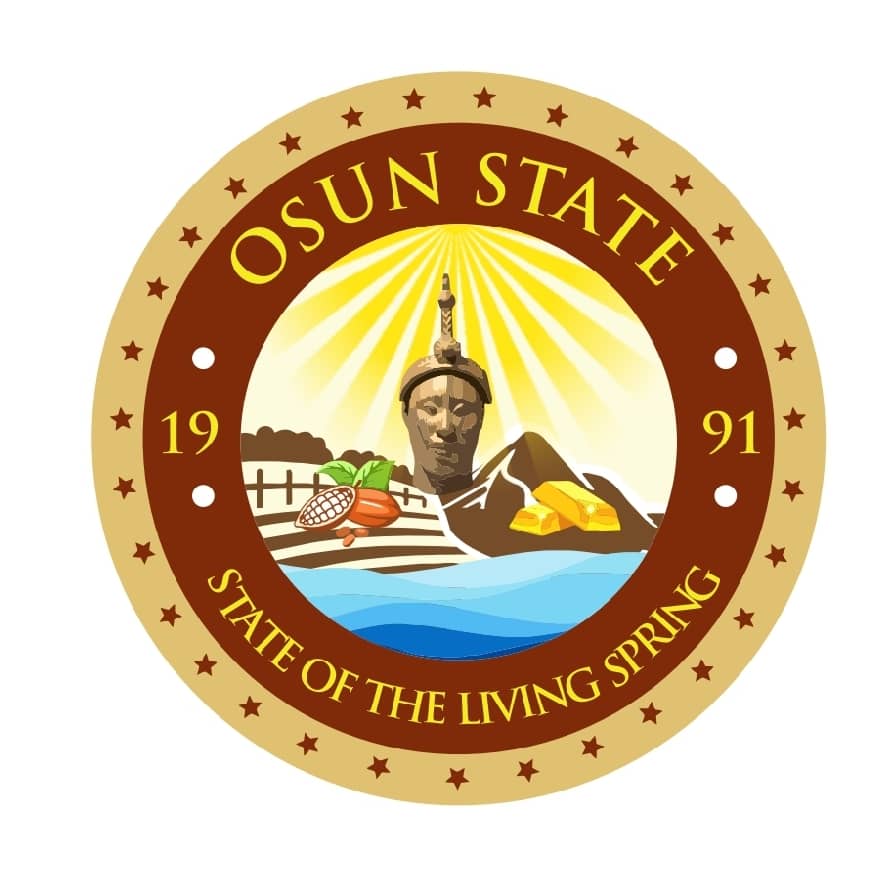The State Government of Osun is determined to bringing development to the door steps of the people and ensuring that further development is brought to the state through redistribution of wealth.
One of the viable means to achieve this is through funding of the government through tax payment. Under current Nigerian law, taxation is enforced by the three tiers of government, i.e. Federal, State and Local Government, with each having its sphere clearly spelled out in the Taxes and Levies (approved list for Collection) Decree, 1998.
Meanwhile, the concern of this write-up would be on consumption tax being one of the taxes collectible by State Governments of the Federation.
Consumption tax is a type of tax imposed by state Government on the purchase of certain goods and services.
The stance came to being from a ruling by panel of the Supreme Court of Nigeria, led by Justice Suleiman Galadima, which unanimously declared that it was only the state Houses of Assembly that could make laws on tourism, or licensing and grading of hotels and other hospitality establishments, such as restaurants and fast food outlets. In the official gazette issued in.
In the official gazette issued in May, 2015 by Mrs. Ngozi Okonjo- Iweala, formal Minister of Finance, it also shows that the Ministry, in part 2 items 13 granted the state governments the autonomy to collect consumption tax on hotels, restaurants and event centers. This has, however, become effective throughout the Federation as far back as 26th of May, 2015.
Following the presentation of a bill before the State of Osun House of Assembly on issues relating to Consumption Tax, the parliament has passed ‘The State of Osun Hotel and other Tourism Industry Enterprises Licensing authority (establishment) Law, 2015’. In the enactment, the state, through Osun Internal Revenue Service (
In the enactment, the state, through Osun Internal Revenue Service (OIRS) is saddled with the responsibility of collecting Consumption Tax within the categories of the following business organizations: hotels, restaurants and event centers.
To make it vividly understandable, the consumption tax is paid by any person who: (i) pays for the use, possession or for the right to the use or possession of any hotel, hotel facility or event centre; or (ii) purchases consumable goods or services in any restaurant whether located or not located within a hotel in the state.
However, the owners of hotels, event centers, as well as restaurants are just agents of collection and shall collect on behalf of the state, based on the total amount charged or payable by the consumer in accordance with the State of Osun Hotel and other Tourism Industry Enterprises Licencing authority (establishment) Law.
On the other hands, a tax of five per cent (5%) which shall apply to the total cost of facilities, consumable or personal services supplied to a consumer in, by or on behalf of the hotel, restaurant or event centre excluding Value Added Tax(VAT) is paid by any person who: (i) pays for the use, possession or for the right to the use or possession of any hotel, hotel facility or event centre; or (ii) purchases consumable goods or services in any restaurant whether or not located within a hotel in the State of Osun.
The modality for collection is well spelled out in the demand notice made available for the categories of businesses affected within the scope of this type of tax (Consumption Tax).
Consumption tax is one of the viable means of raising money to improve the local community in various ways, such as generating revenue that can be used to finance developmental projects embarked upon by the government.
Osun government is committed to building a more vibrant economy through the boosting of commerce and industry in the state and this will surely impact positively on the welfare of the citizenry.
This can only be achieved when all stakeholders contribute their quotas. We must all key into the development of the state, as we cannot afford to let our state be financially subverted.
Pay your tax; it is your civic responsibility.
•Babalola is the Information Officer, Osun Internal Revenue Service











